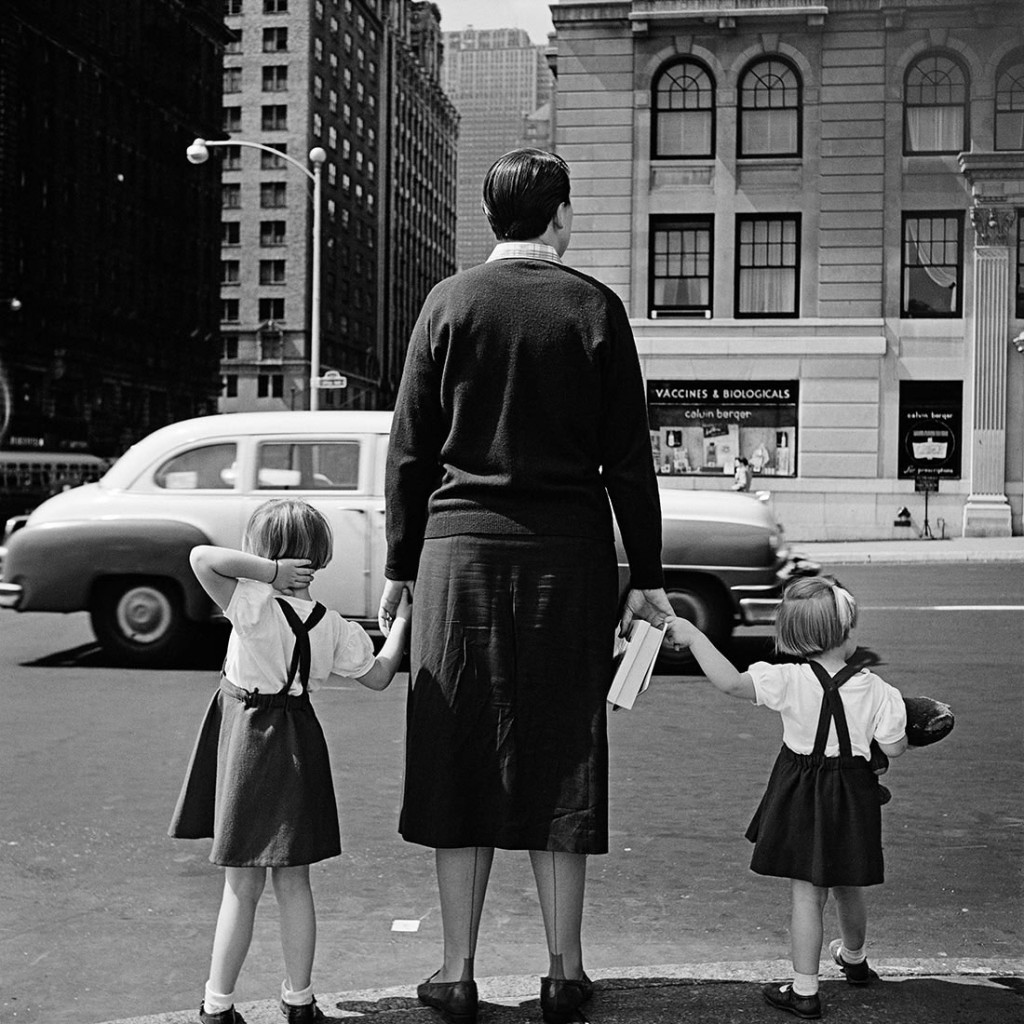I read a story in the Huffington Post the other day, advice for women, listing things they should make sure to do in their 20s. I tried to find the article right now, but it wasn’t easy. If you want a taste, any of the many stories that came up in this search will be roughly the same.
I am admittedly tired and cranky right now. I’m teaching summer school and I haven’t had a break since Christmas. Many things irritate me.
But. These articles telling women what to do (because, let’s be honest, women are told what to do way more often than men) are annoying, irritating, and false. The gist of the advice for women in their 20s that I read was to make sure to travel, and to be spontaneous. It sounds, to me, like thinly disguised advice for women before they become moms and wives. Because, like everyone knows, no more travel, no more spontaneity, no more anything for women after they marry. Right?
In 1794 Anna Maria Lenngren (1754-1817), a Swedish contemporary to the Bronte sisters and to Jane Austen, wrote a poem titled Some Words of Advice For My Dear Daughter, If I Had One. (In Swedish, here: Några ord till min kära dotter, ifall jag hade någon.) The poem is satirical, and reflects the tension between a professional life and the life of a wife and mother that Lenngren herself must have experienced. An acclaimed writer, Lenngren was married to a newspaper publisher. After her marriage her work was only ever published anonymously in her husband’s paper.
220 years later, the big secret is this: Educated middle class women, the target audience for both Lenngren’s poem and the HuffPo piece that I read, can have whatever life that they want. They can travel if they want, they can have children if they want, they can marry if they want. They can publish under their own names, and they can run their own newspapers and websites. (Well hello, Arianna Huffington.)
Here are my words of advice for my dear daughter, if I had one: You don’t have to get your traveling, or your spontaneity, done by your 30th birthday. You don’t have to read advice columns. You don’t have to get a business degree, or play soccer, or minor in communication. You can do whatever you want. You don’t have to answer to anybody, but yourself. But, you need to know what you want. Meaning that you need to spend some time figuring out what it is that you really want. Even if no one except me will ever tell you that’s what you should be doing. And, if it’s difficult to hear your own voice for all the chatter, you will have to try harder.
That’s it. You can do it.

